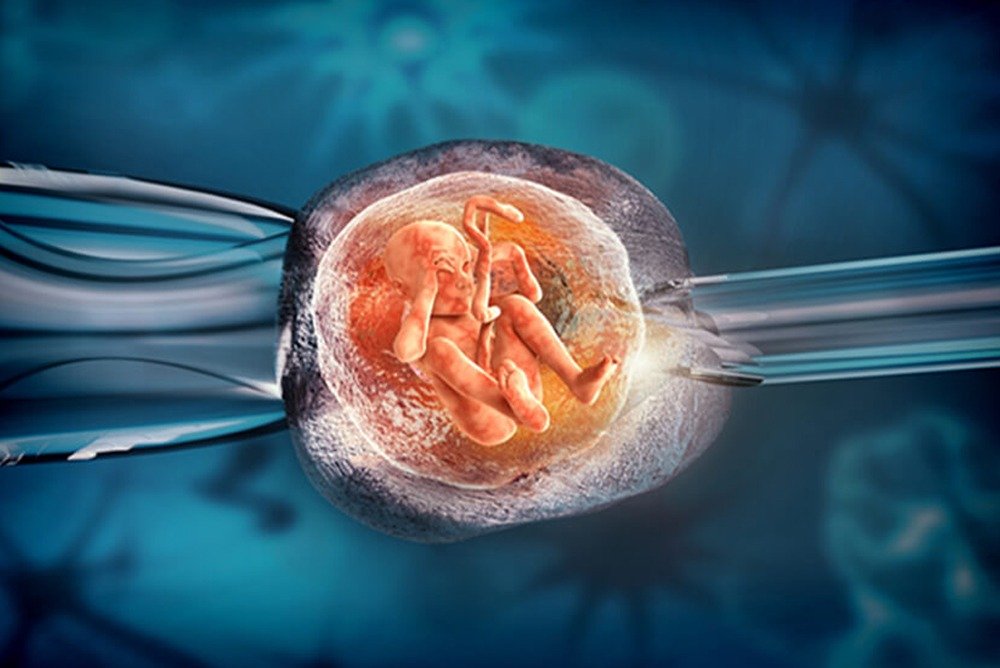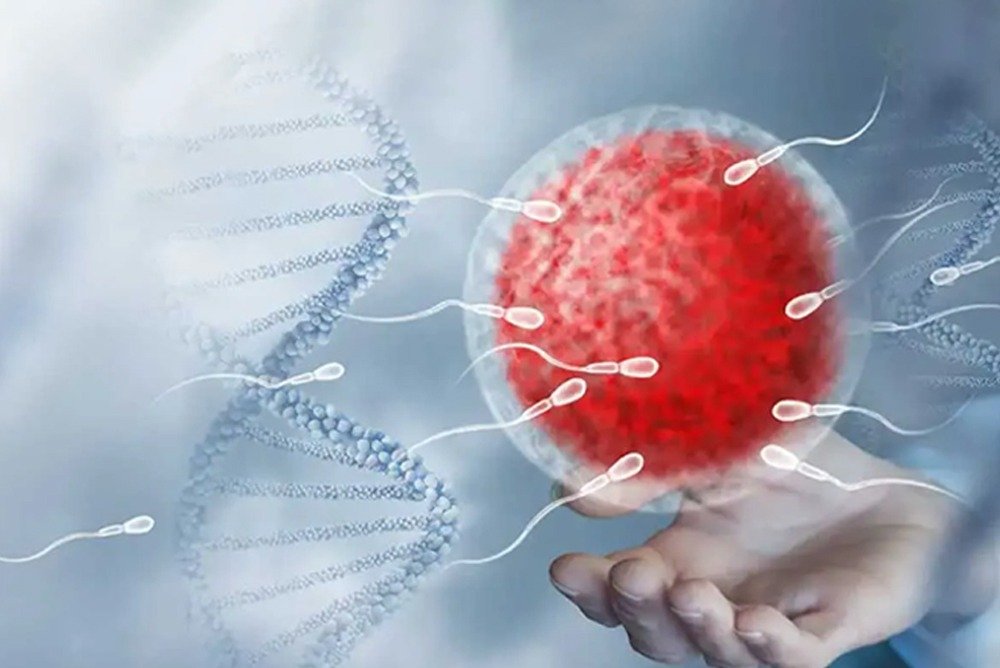Infertility treatment is often described as a physical journey, but it’s equally an emotional one. The stress of repeated procedures, financial concerns, and social pressure can take a significant toll—sometimes even affecting the outcome of treatment itself.
At Reviva IVF, Chandigarh, we recognize that fertility isn’t just about hormones and cells—it’s about balance between the mind and body. Understanding how emotional well-being interacts with reproductive health can make a measurable difference in IVF success rates.
The Biology of Stress and Fertility
When you’re under chronic stress, the body releases high levels of cortisol and adrenaline, hormones that can disrupt the delicate reproductive balance. Elevated stress levels can:
- Alter the release of GnRH (gonadotropin-releasing hormone), which regulates ovulation.
- Reduce LH and FSH levels, affecting egg maturation.
- Increase uterine contractility, making implantation more difficult.
- Affect sperm count and motility in men.
Scientific studies have shown that women with lower stress markers during IVF cycles tend to have higher implantation and pregnancy rates.
“The mind influences the uterus more than we once believed—relaxation isn’t luxury; it’s medicine.” — Reviva IVF Counselling Team
Emotional Stress During IVF
The emotional roller coaster of IVF is unlike any other medical treatment. Couples often experience:
- Anxiety during stimulation and egg retrieval.
- Emotional fatigue during the two-week wait.
- Fear of failure due to previous unsuccessful attempts.
- Social isolation or guilt.
At Reviva IVF, our counsellors describe this phase as “hope under pressure”—a time when emotional resilience matters as much as medical precision.
How Stress Affects IVF Outcomes
1. Hormonal Imbalance
Stress-induced cortisol interferes with estrogen and progesterone production, key hormones for follicle development and implantation.
2. Reduced Blood Flow to the Uterus
Stress activates the sympathetic nervous system (“fight or flight”), diverting blood flow away from the reproductive organs.
3. Lifestyle Effects
Sleep deprivation, overeating, smoking, or alcohol consumption—often stress-driven—further reduce fertility potential.
4. Partner Strain
Emotional disconnect between partners can lower compliance, timing, and even success during treatment.
The Mind-Body Approach at Reviva IVF
Our philosophy of care is built on three pillars—medical excellence, emotional support, and holistic wellness.
- Integrated Counselling:
Every couple is offered psychological support sessions throughout the IVF cycle.
These sessions teach coping mechanisms, guided relaxation, and communication strategies. - Mindfulness and Yoga Therapy:
Regular breathing exercises, meditation, and gentle yoga improve blood flow to the uterus and lower cortisol levels. - Nutritional and Lifestyle Coaching:
A balanced diet rich in antioxidants and micronutrients supports both hormonal and emotional stability. - Partner Involvement:
Joint counselling helps partners understand each other’s emotional responses, strengthening teamwork during treatment.
“A calm mind nurtures a receptive body—and a receptive body welcomes new life.” — Clinical Director, Reviva IVF
Practical Tips for Patients
- Practice deep breathing or guided meditation daily.
- Maintain regular sleep and hydration.
- Limit caffeine and processed foods.
- Stay active with light walking or yoga.
- Seek community—Reviva’s patient support group helps couples share experiences and normalize emotions.
Final Word
IVF success depends on more than technology—it’s a partnership between emotional strength and scientific expertise.
At Reviva IVF, Chandigarh, we treat fertility as a complete journey, nurturing both body and mind so that hope can transform into life.
Because when your mind heals, your body listens—and sometimes, that’s all it takes for a new heartbeat to begin.














